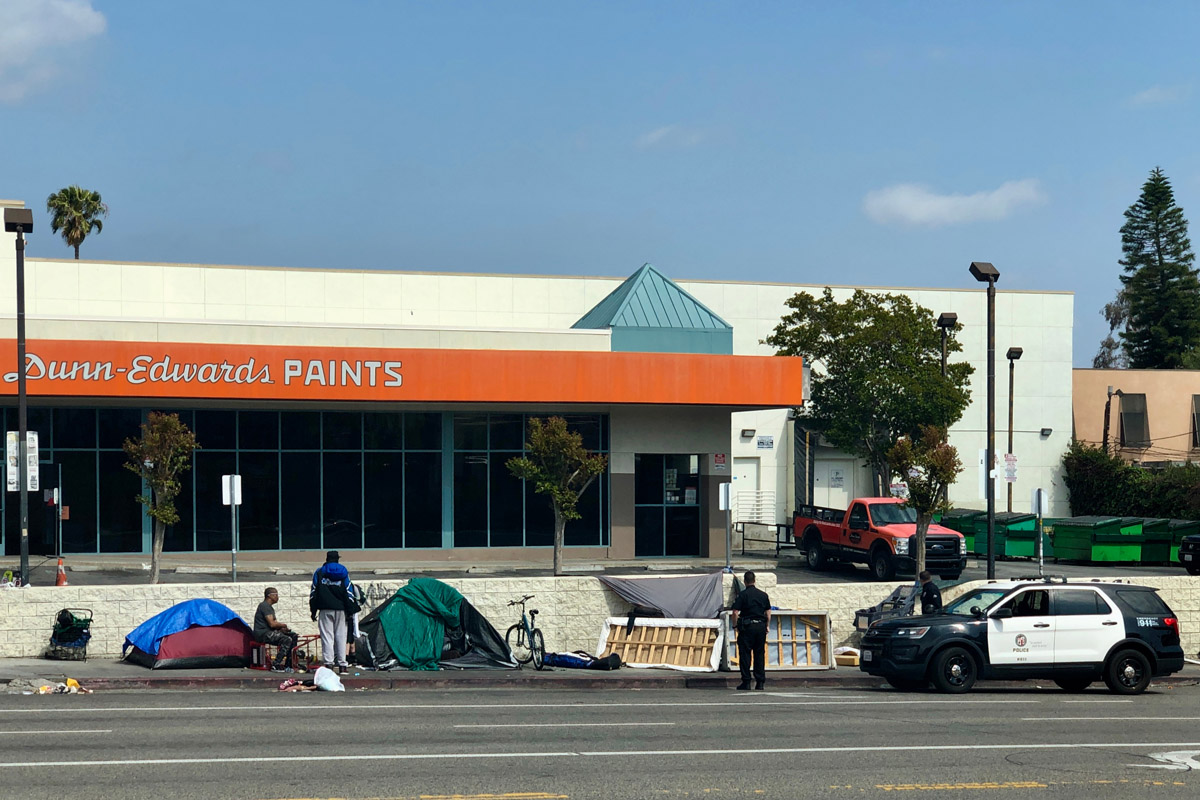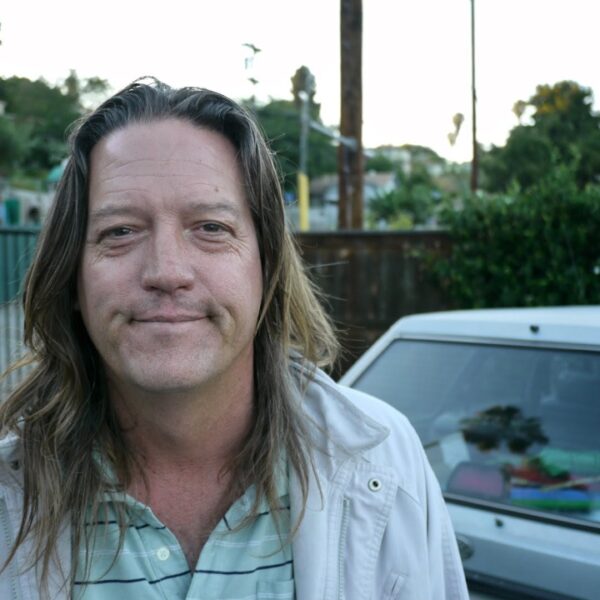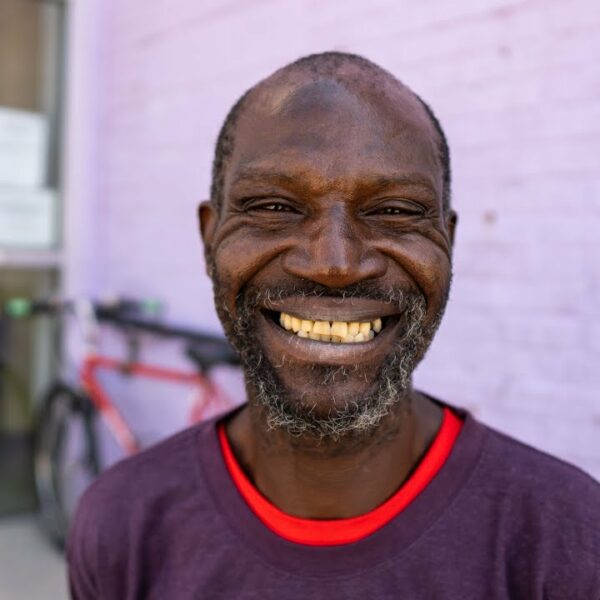Examining the Legal Battle, Precedents, and Advocacy Behind the Supreme Court Case Johnson v. Grants Pass
More than 1,100 advocacy groups have signed 42 amicus briefs filed before the Supreme Court that oppose using fines and fees to address homelessness.
The filings occurred ahead of the Supreme Court’s hearing in the Johnson v. Grants Pass case on April 22. The case could decide whether cities can punitively punish people experiencing homelessness when there is not enough adequate shelter available.
“This is the most important legal case regarding homelessness in the past 40 years,” Jesse Rabinowitz, a spokesperson for the National Homeless Law Center, wrote in an email to advocates.
Amicus briefs are filed by people or groups that are not directly involved in a particular legal case. Their purpose is to inform the court about potential public policy implications of a ruling.
In this case, organizations like the ACLU, Chicago Coalition for the Homeless, and Constitutional Accountability Center filed briefs warning the court of the disastrous implications of allowing cities to punish people for sleeping outside.
“When applied to people with nowhere else to go, the ordinances in this case disproportionately punish unavoidable, life-sustaining, and fundamentally human acts,” the ACLU wrote in its brief, signed by 19 affiliates. “Punishing the most vulnerable among us for such behavior violates the Eighth Amendment.”
Johnson v. Grants Pass seeks to overturn a precedent set by the 9th Circuit Court of Appeals that says local governments can’t arrest or issue citations to people experiencing homelessness unless adequate shelter is available.
The case that set this precedent is known as Martin v. Boise. The Supreme Court declined to hear a challenge to Martin when it was decided in 2019.
Politicians from both political parties have said the Martin decision has prevented cities from addressing homelessness.
Gov. Gavin Newsom filed his own amicus brief for the Johnson v. Grants Pass case, in which he argues the ruling has “[tied] local leaders’ hands” when it comes to addressing encampments.
Other lawmakers like San Francisco Mayor London Breed have also called for Martin to be overturned. Breed attended a rally outside of the 9th Circuit Court in August 2023 where she said the city “is prepared…to do whatever it takes for us to do our job.” The rally was held on the same day that Newsom announced he would give local governments an additional $38 million to sweep homeless encampments.
Grants Pass, Oregon’s City Manager, Aaron Cubic, has also spoken out against Martin. Cubic told Oregon Public Broadcasting last year that the decision is “legally wrong and [is] only harming the very people [it was] meant to help.”
The Fund for Empowerment, a Phoenix-based direct-service nonprofit, argued in its amicus brief that Martin is one of the most effective tools that “stops the city from reverting back to its old ways and using local ordinances to punish the unhoused.”
“The homelessness crisis in Phoenix teaches that the criminalization of homelessness is not just unconstitutional, but it is also ineffective,” the brief reads in part.
The Supreme Court could issue a decision about Martin before the end of the month. That would happen at a time when federal data shows homelessness increased 12% to more than 653,000 between 2022 and 2023 despite billions of subsidies available for local governments to provide expanded rental assistance and other public benefits.
Meanwhile, local governments are struggling to adequately address homelessness. One reason is that there is rampant misinformation about the causes and nature of homelessness.
Well-funded organizations like PragerU, Cicero Institute, Manhattan Institute, and Heritage Foundation are some of the main purveyors of this misinformation. They characterize homelessness as an individual issue, one driven by bad choices. The truth is that homelessness is a social issue stemming from the rising cost of living.
The National Alliance to End Homelessness argued in its amicus brief that this misunderstanding about homelessness is one of the reasons why so many cities are moving to criminalize homelessness.
Instead, the brief argues they should be funding evidence-driven solutions like “Housing First,” which prioritizes housing a person experiencing homelessness before they receive additional treatment or services.
“Criminalization, in contrast, prolongs homelessness and exacerbates the crisis,” NAEH’s brief reads. “Fines and criminal records impede efforts to secure housing or access public benefits and further strain public resources. The threat of criminal penalties does not reduce homelessness. At most, it drives unsheltered homeless people into hiding, leading to greater health and safety concerns for localities.”
How You Can Help
Handcuffs will never solve homelessness. The pandemic proved that we need to rethink housing in the United States. It also showed that many programs designed to address homelessness are rooted in law enforcement rather than social services.
Tell your representatives you support revamping how your city addresses homelessness. Handcuffs do not get anyone closer to stable housing. Instead, we must focus on compassionate solutions, the first step to ending homelessness.













